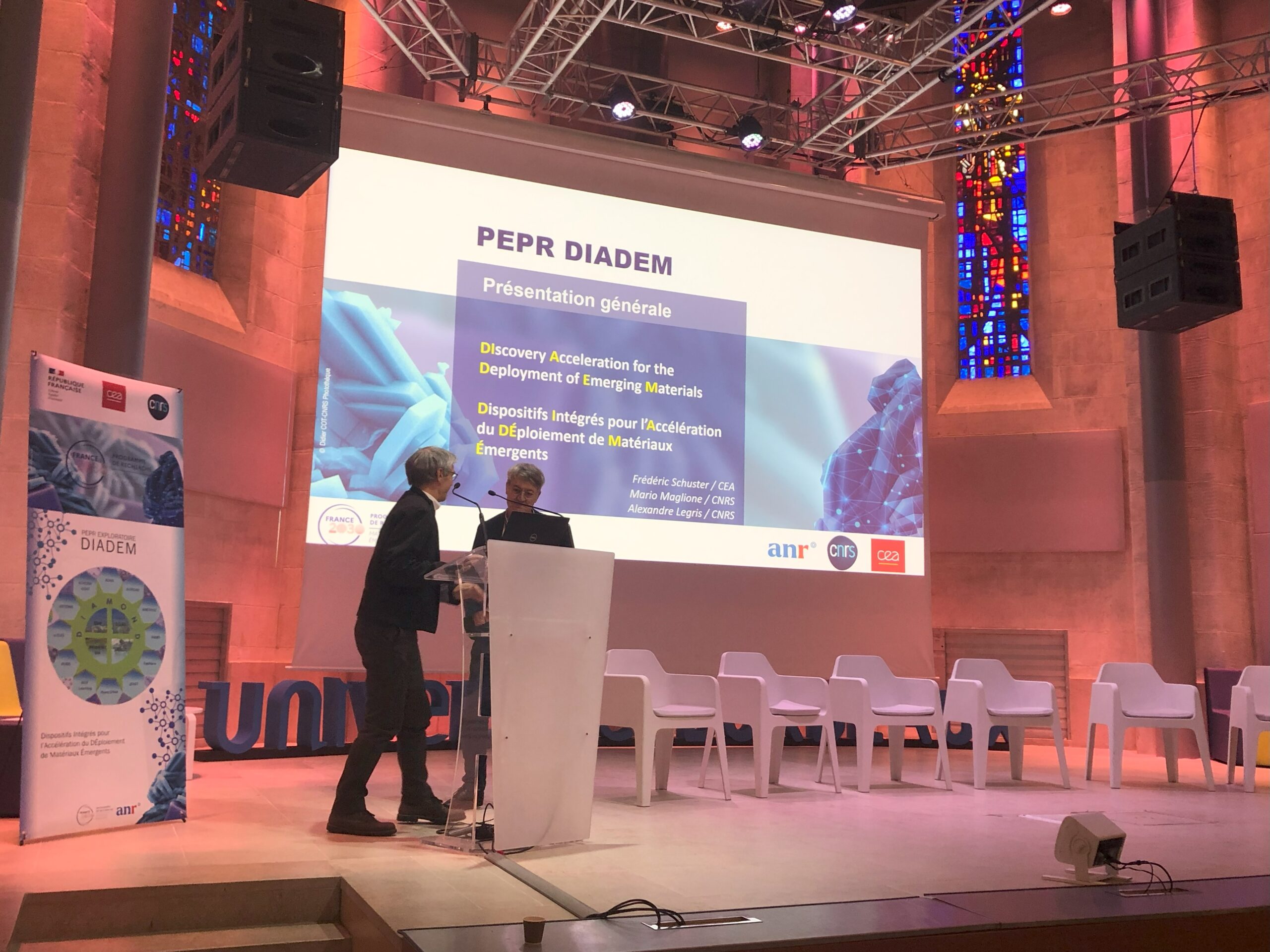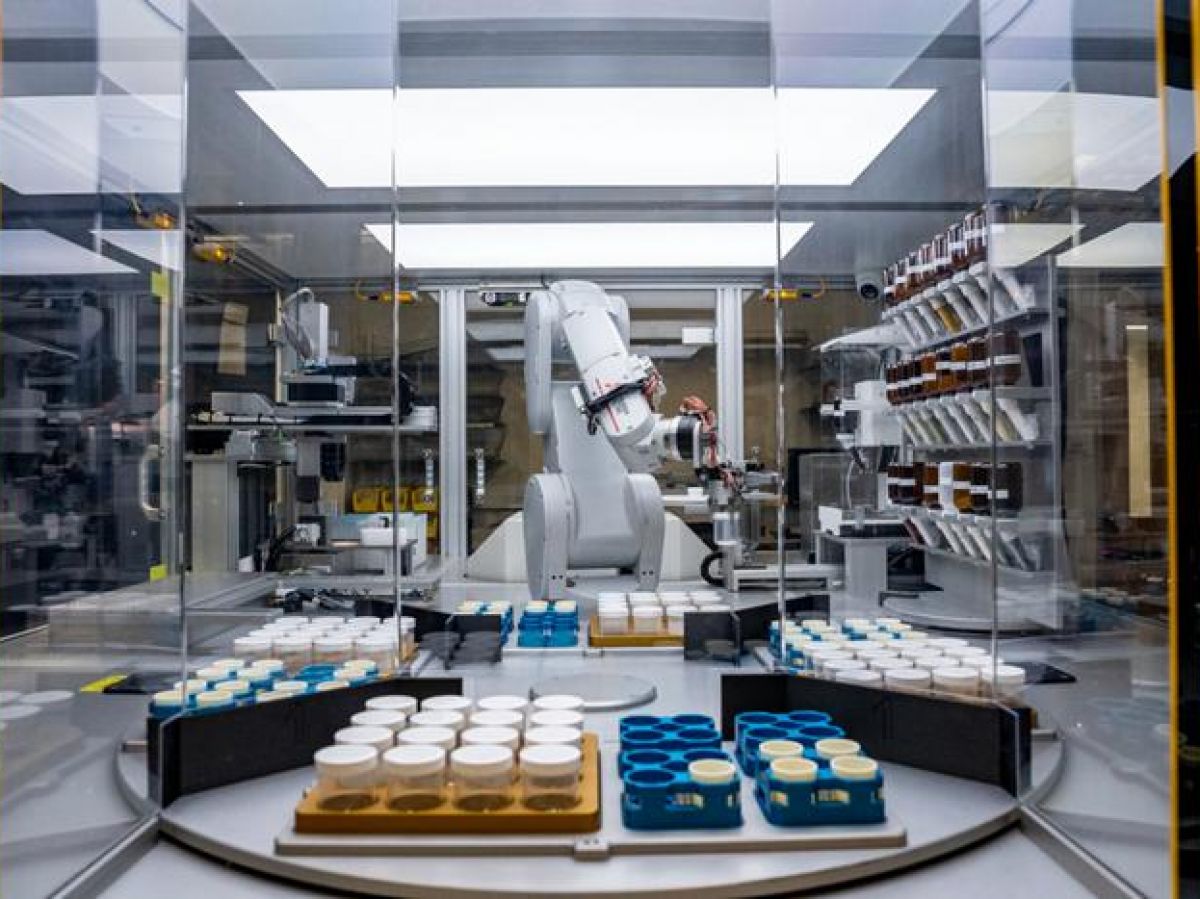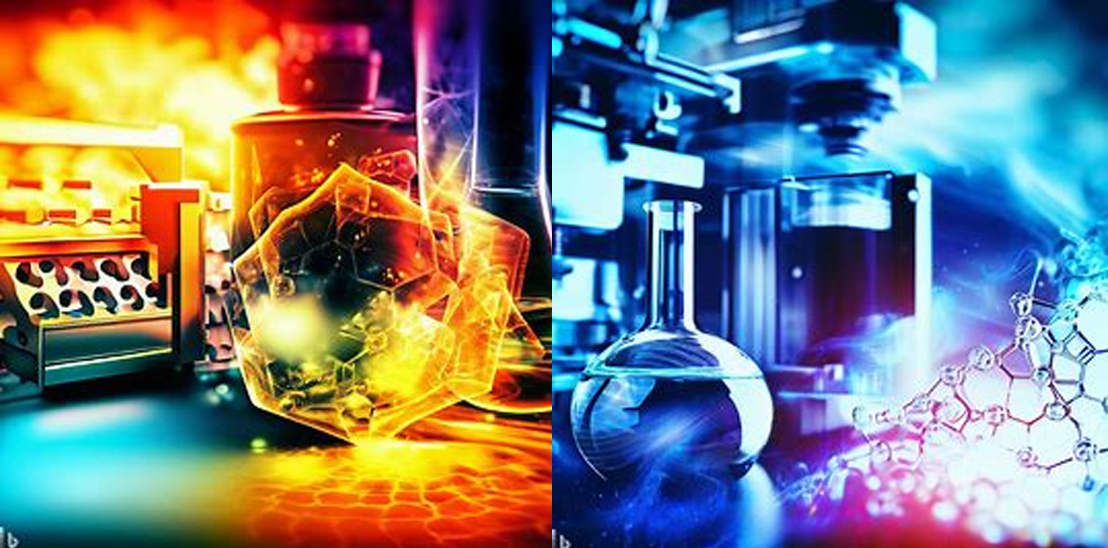Postdoctoral position
CEA Postdoctoral Position: Researcher in Artificial Intelligence applied microfluidic
Publié le
Position type
Post doctorate
Starting date
Septembre 2024
Duration
12 mois
Location
CEA Marcoule
Context
This postdoctoral position is part of the 2FAST project (Federation of Fluidic Autonomous labs to Speed-up material Tailoring). It focuses on accelerating chemical synthesis through continuous and miniaturized methods like microfluidics and flow chemistry. These techniques offer precise control over experimental conditions andleverage digital advancements for improved research outcomes in material chemistry. By utilizing databases, A.I., and real-time measurements, synthesis routes can be optimized, although the comprehensive characterization of nano/micromaterials remains challenging due to cost and complexity. Despite the lack of a universal approach to continuous chemical processes, the project aims to exploit digitalization in microfluidics laboratories, collaborating with experts in chip’s design and analytical techniques. Together, we will develop interoperable microfluidic chips to control material properties during synthesis.
The aim of the project is to establish a technically demanding proof of concept for a high-throughput microfluidic/millifluidic reactor platform capable of continuous production of noble metal nanoparticles with desired morphology and properties.
The progress of the reaction will be controlled by feedback loops that continuously adapt the input parameters to achieve the desired nanoparticle properties. Synthesis of nanoparticles will be monitored in-situ by UV-Vis complemented by other spectrometric techniques. The collected data will feed into specific AI tools developed to improve and speed-up the experimental process (see Fig.)

Objectifs
The postdoctoral project will focus on the orchestration aspect of the autonomous lab-on-a-chip. The main tasks will be:
- Designing, creating and evaluating feedback loops thanks to active learning models enabling to build correlations between control parameters (e.g. concentration of a reagent) and the collected signals (UV-Vis spectrum). At least, two feedback loops will be developed and compared, one based on classical optimization approaches, one based on reinforcement-based machine learning methods.
- Take part in the creation of a signal database adapted to machine learning methods particularly on the implementation of auto-encoder networks (e.g. GANs) to simulate signals and/or format the database.
- Implementing machine learning methods to connect “highly resolved data” to more readily available observables, and demonstrate the possibility to connect, desired nanoparticle properties and synthesis conditions.
- Managing interactions within the interdisciplinary team and also with external collaborations for A.I. implementation.
- Articles and reports writing.
Your profile
We are looking for of highly motivated early-stage researcher; eagers to advance her/his scientific career by taking part in in a cutting-edge interdisciplinary project in a leading laboratory with essential equipments and a reputation for interdisciplinary excellence. Candidates with an experimental background and a solid educational foundation in A.I. or related fields, ideally with a focus on microfluidics, are strongly encouraged to apply. The applicant must have advanced skills in programming languages such as Python or C++ for the implementation of A.I. algorithms and numerical simulations. Preference will be given to candidates with proven experience in the field of deep learning. Fluency in English, both written and spoken, is essential. Additionally, strong written and oral communication skills, as well as track record of publishing research in peer-reviewed journals and presenting at conferences, are expected.
Framework
2FAST is one of the targeted projects of the PEPR (Priority Research Programs and Equipment) project DIADEM. DIADEM is a comprehensive initiative aimed at accelerating the design and manufacturing of more efficient and sustainable materials. The appointed researcher will join an excellence network comprising four different laboratories at the national level: ICMCB (UMR5026) and LOF (UMR5258) in Bordeaux, LGC (UMR5503) in Toulouse, ISEC (CEA) in Marcoule, and LIONS (UMR 3685) in Paris Saclay.
Applications
The application must be written in English and include a curriculum vitae, a letter of intent, and recommendation letters or contacts for references. All application documents must be combined into a single PDF file. Applications will be evaluated upon receipt until the position is filled. If you have any questions about the position and the application process, please contact via email Dr. Fabrice Lamadie or Dr. Sophie Charton.
References
1. R. Epps et al., Accelerated AI development for autonomous materials synthesis in flow, Chem. Sci., 170 (2021)
2. A.C. Bédard et al., Reconfigurable system for automated optimization of diverse chemical reactions, Science, 361 (2018)
3. E.M. Chan et al., Reproducible, high-throughput synthesis of colloidal nanocrystals for optimization in multidimensional parameter space, Nano Lett., 10 (2010)
4. Coley, C. W. et al. A robotic platform for flow synthesis of organic compounds informed by AI planning. Science, Vol. 6453, (2019)
5. Tao, H. et al. Nanoparticle synthesis assisted by machine learning. Nat. Rev. Mater. 6, 701–716 (2021)
6. Rodríguez-Ruiz, I., Charton, S., Radajewski, D., Bizien, T. & Teychené, S. Ultrafast precipitation of transient amorphous cerium oxalate in concentrated nitric acid media. Cryst. Eng. Comm 20, 3302–3307 (2018)
7. Rodríguez-Ruiz, I. et al. Broadcasting photonic lab on a chip concept through a low cost manufacturing approach. Talanta 170, (2017)
8. Onofri, F. R. A., Rodriguez-Ruiz, I. & Lamadie, F. Microfluidic lab-on-a-chip characterization of nano- to microparticles suspensions by light extinction spectrometry. Opt. Express 30, 2981–2990 (2022)
9. Rodríguez-Ruiz, I. et al. Innovative high-throughput SAXS methodologies based on photonic lab-on-a-chip sensors: Application to macromolecular studies. Sensors (Switzerland) 17, (2017)
10. Roger, K. & El Amri, N. Controlling nanoparticle formation from the onset of nucleation through a multi-step continuous flow approach. J. Colloid Interface. Sci. 608, 1750–1757 (2022)
Additional information
Workplace: CEA Marcoule center (about 30 km North of Avignon)
Duration: 12 months with a trial period of 3 months subject to evaluation.
Starting date: From September 2024, no later than February 2025
Qualification: Desired experience: 1 to 4 years after thesis
Grant depending on applicant experience.
Plus d'actualités


